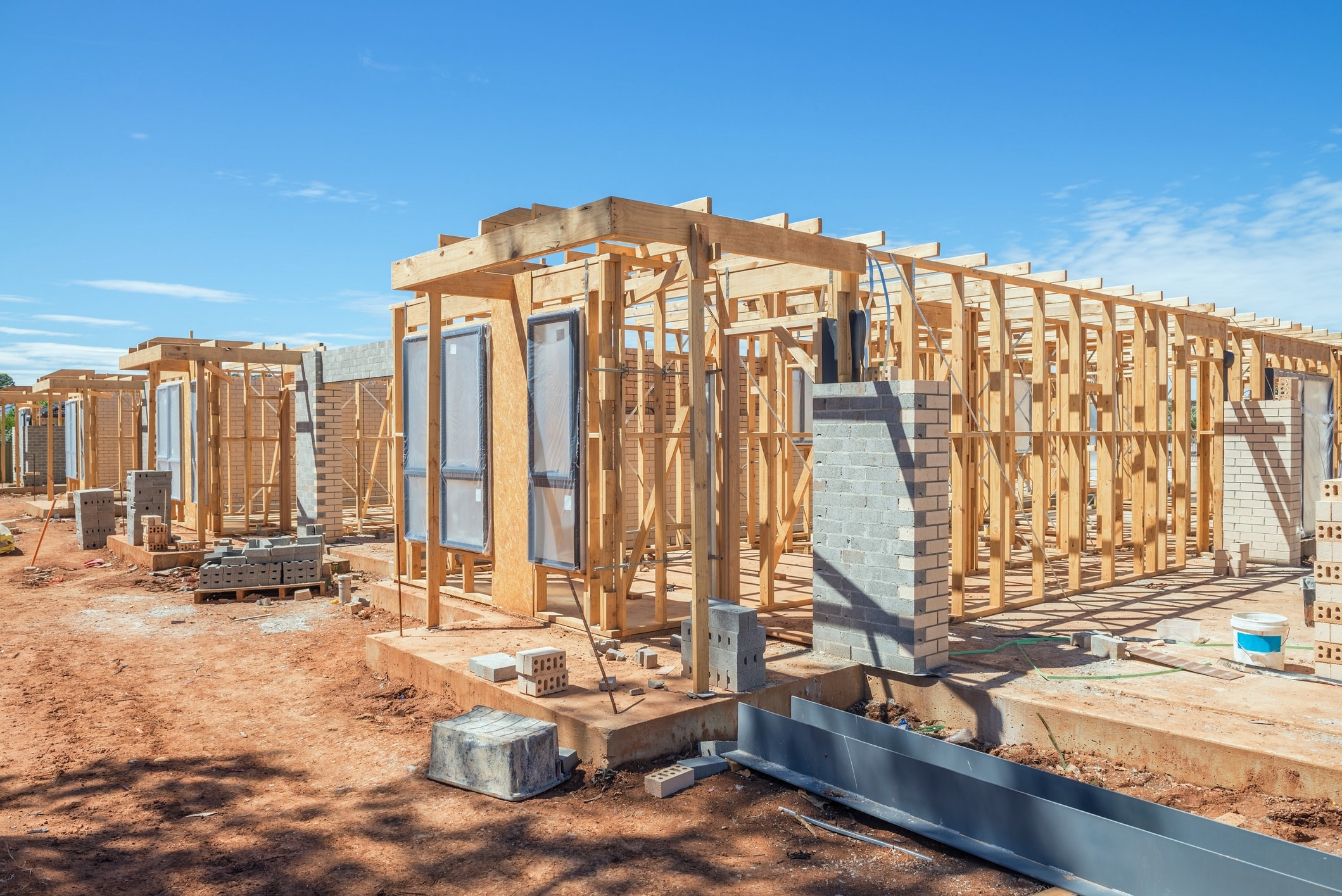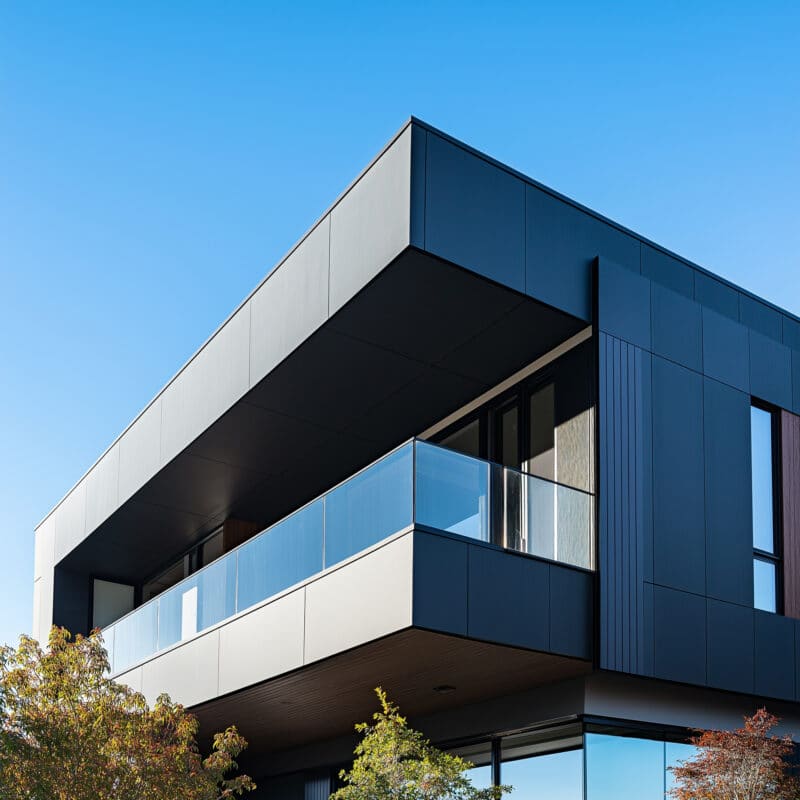Embarking on the path to developing three townhouses in Melbourne? Whether it’s to diversify your investment portfolio, secure a residence while profiting from sales or rentals, the journey from concept to completion is intricate, involving a myriad of costs beyond mere construction expenses. Dive into this comprehensive guide to navigate the financial landscape of your development project.
Evolving Construction Costs
Recent times have witnessed a surge in construction material costs, a consequence of global supply chain disruptions and the lingering effects of the pandemic. From timber to concrete, the escalating prices of raw materials have pushed the cost of property development upwards, posing challenges if the housing market doesn’t keep pace. While we anticipate a normalisation of prices as supply chains recover, current developers must tread with caution.
Navigating the Financial Terrain
Property development is a complex puzzle, with each piece representing a variable cost that can significantly impact the overall budget. The key isn’t just to consider how much expenses amount to, but to strategise on optimal expenditure to avoid overcapitalisation, ensuring your project is not just a break-even endeavor but a profitable one.
Precision in Planning
Success in property development demands meticulous financial planning, leaving no room for guesswork. Ensuring your calculations are precise and revalidated against your lender’s expectations is crucial for securing the necessary funds.
Decoding Development Costs
A property development project unfolds in stages, each carrying its own set of costs:
- The Purchase: This initial investment is pivotal, especially if you’re acquiring land. Costs here include the purchase price, stamp duty, and legal fees.
- Early Development: Pre-construction stages involve expenses from surveys to planning approvals, laying the groundwork for your project.
- Middle Development: This phase bridges planning approval and construction start, covering demolition, service connections, and preliminary site works.
- Construction: The bulk of your budget will be allocated here, encompassing everything from building materials to labor, ensuring your townhouses are move-in ready.
- Marketing: Even the best projects need visibility. Marketing expenses facilitate off-plan sales, crucial for early profitability.
- Holding Costs: Interest on construction loans accumulates, representing a significant portion of your project’s expenses.
- Completion: Final costs include legal fees for title registration and, if selling, real estate agent commissions.
Market Cycles and Strategic Development
Understanding property market cycles is essential, yet a proficient developer can navigate through peaks and troughs to secure profit. The focus should be on acquiring knowledge, building networks, and optimizing processes for efficiency.
The Liv Property Group Advantage
For those intrigued by the development process but wary of its complexities, partnering with an experienced development manager like Liv Property Group offers a streamlined path to success. Our expertise not only simplifies the journey but also leverages buying power and industry relationships to secure cost savings, enhancing the profitability of your project.
Conclusion
This guide sheds light on the multifaceted cost structure of developing multiple townhouses in Melbourne, providing a roadmap for aspiring developers. For those ready to dive deeper or embark on their development journey, LIV Property Group is here to guide you through every step, ensuring your project not only succeeds but thrives.
Connect with us at LIV Property Group on 1300 339 549 or visit our “Contact Page“. Let us transform your development aspirations into reality, maximising your investment with expertise and efficiency.




